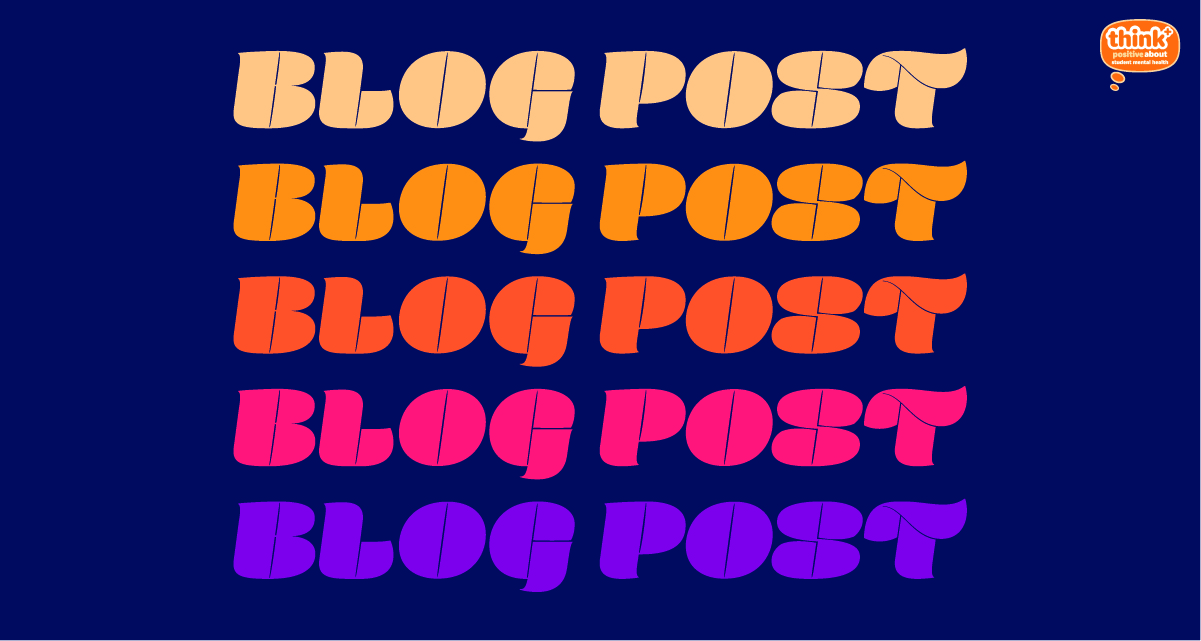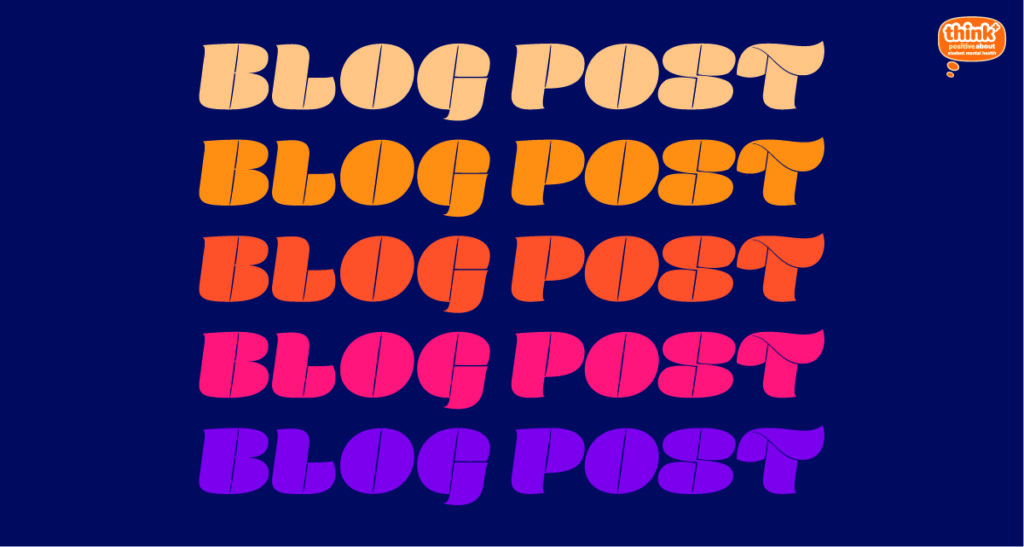‘What Works’ – The University of Edinburgh
Published on 23 April 2020

It is easy to underestimate the cathartic power of simple, everyday activities. Much of the mental health narrative relates to clinical models and one-to-one therapy/counselling. In the spirit of preventative work as well as normalizing everyday experiences in all life the Student Counselling Service (SCS) at the University of Edinburgh took a different perspective with ‘What Works’.
Building on the Five Ways to Wellbeing approach ‘What works’ is simply a list of evidence-based activities proven to enhance mood. Many activities can stimulate the brain to produce vital ‘feel-good’ endorphins often associated with ‘runners high’ however, but not all feel-good activities have to be physical.
SCS worked with colleagues across the University of Edinburgh and Edinburgh University Students’ Association to produce a list of activities which have been proven to enhance mood. This information is displayed on the SCS website and on each page states what the evidence says, where to find out more and suggestions on how students can get involved. With a student population the use of evidence is an important way to encourage students to believe in the activity as a helpful thing for their wellbeing, which they might have otherwise overlooked.
This is, of course, not a replacement for more intensive interventions, for example, counselling, and the message in not intended to simply be ‘…join a choir and you’ll stop feeling low…’. Rather this is a reminder of the fundamentals of self-help without the ‘self-help’ label. This is about normalizing a healthy, balanced life-style with the intention of preventative as well as restorative results. Particularly in a university life-style the basics can get lost to academia and other, perhaps less healthy student practices and to be reminded to keep the balance where possible in order to be the best you can be is perhaps a helpful message to students.
Some of the other benefits of What Works is that it is accessible to all, no need for referral, discussion, no clinical or medical models but it is underpinned by what students are familiar with – evidence. Students can start making a difference to their mood immediately by trying some of the activities therefore this is also a kind of empowerment.
Here is the list of mood-enhancing activities along with the evidence base for how each activity can affect mood. Suggestions of how to get started are offered with links to the relevant societies/organisations/events in and around the University:
- Animal-assisted activities and Pet Therapy
- Choir singing
- Getting active
- Indoor rock climbing and bouldering
- Mindfulness
- Positive mental training & feeling good App
- Psychoeducation
- Volunteering
This is a new project for our Service and the What Works initiative will be reviewed and evaluated at the end of the academic year in order to improve and enhance the service.
Link to the website: https://www.ed.ac.uk/student-counselling/what-works


